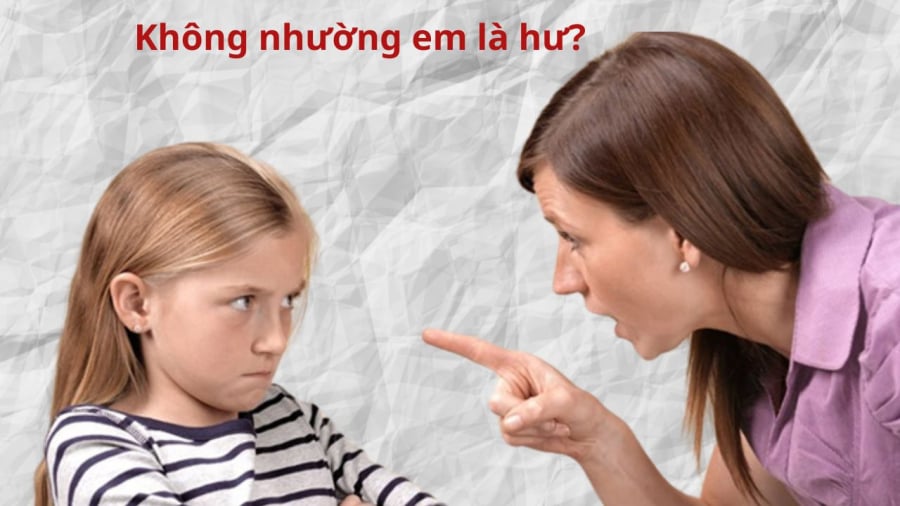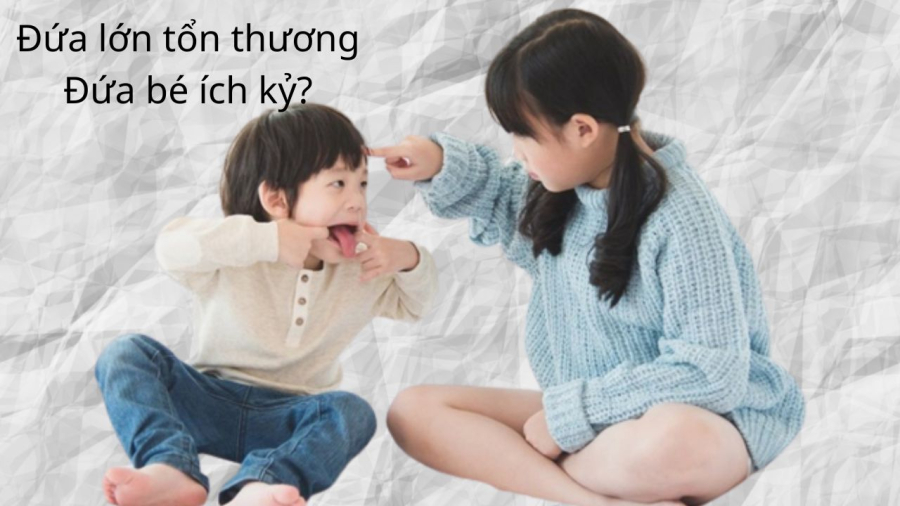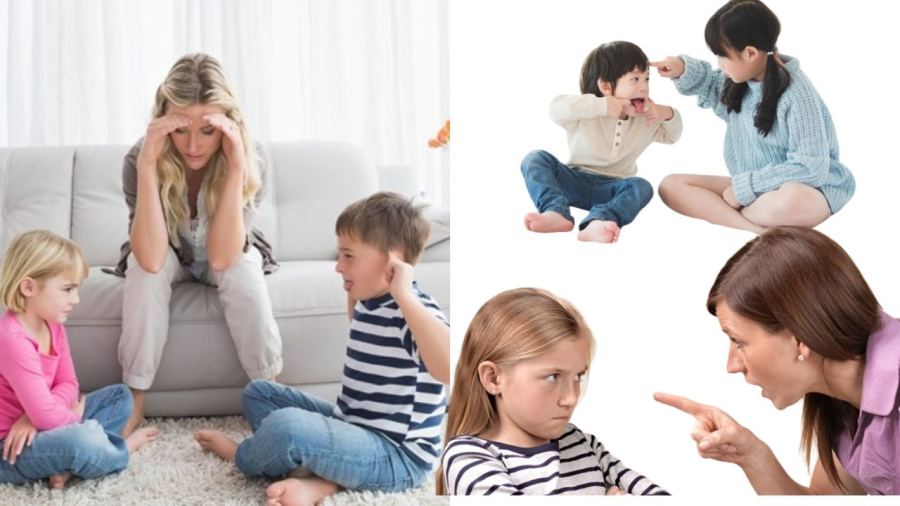I was startled when I heard my nephew angrily shout at his mother, “Why don’t you let Khánh be the older brother” and then slam the door shut and cry. My sister has two sons who are four years apart. So she often tells the older brother to give in to the younger brother. When she comes home and sees the two brothers fighting, it’s as if the older brother will be scolded first for the offense of “not knowing how to take care of his younger brother.” Being constantly told to “give in to the younger brother” makes the boy frustrated and pitiful, sometimes the younger brother makes a mistake but still gets away with it because “he is still small and doesn’t know anything.”

In such situations, my sister still acts normal, thinking that it’s just a child throwing a tantrum and it will pass. Meanwhile, the younger brother is being coddled by their mother and snuggling up to her. Perhaps this situation is not unfamiliar to many Vietnamese parents. We inherit the perspective of “the older brother gives in to the younger brother, the higher-ups respect the lower ones.” Sometimes our parents try to resolve their children’s conflicts by “making the older brother give in to the younger brother,” thinking that it is love, the love of family. But they forget that the older child has to endure more frustration and disadvantages, while the younger child, by default, has more privileges because they are the younger one. Things can go too far when the older child suffers too much while the younger child is not aware of their own responsibilities and enjoys more than they share. This injustice of parents is deeply imprinted on their children, sometimes causing the older child to be hurt while the younger child becomes ugly. And sometimes the situation will be escalated to the point where siblings “compete,” “give up, or fight” to maintain their position.

We also often have boundaries that say, “that belongs to the father/mother” and the children should not touch it. So why don’t we clearly divide the belongings of each child? Siblings should love and support each other, but they should also have fair and normal treatment within the family. Certain special treatments often have consequences.
Therefore, as parents, we should encourage our children to give and share with each other voluntarily rather than forcing them to give in. When we only say the phrase “give in to the younger one,” it can make that command stick in the child’s mind, making them a submissive child who doesn’t resist even when they are suffering, being oppressed. It can also make the child react negatively, resentful to the point where they no longer want to be the older sibling, trapped in their mind and not knowing what to do other than switching roles with their sibling.

Shouldn’t we encourage our children to give and share with each other? And in situations where children have disputes, we should not simply gloss over and resolve it by making one child suffer. Perhaps that resolution is only for our own convenience, to avoid being bothered by the children, rather than actually helping them resolve their conflicts with each other. Giving in should be voluntary, not an obligation. How are you dealing with your children in these situations?





































